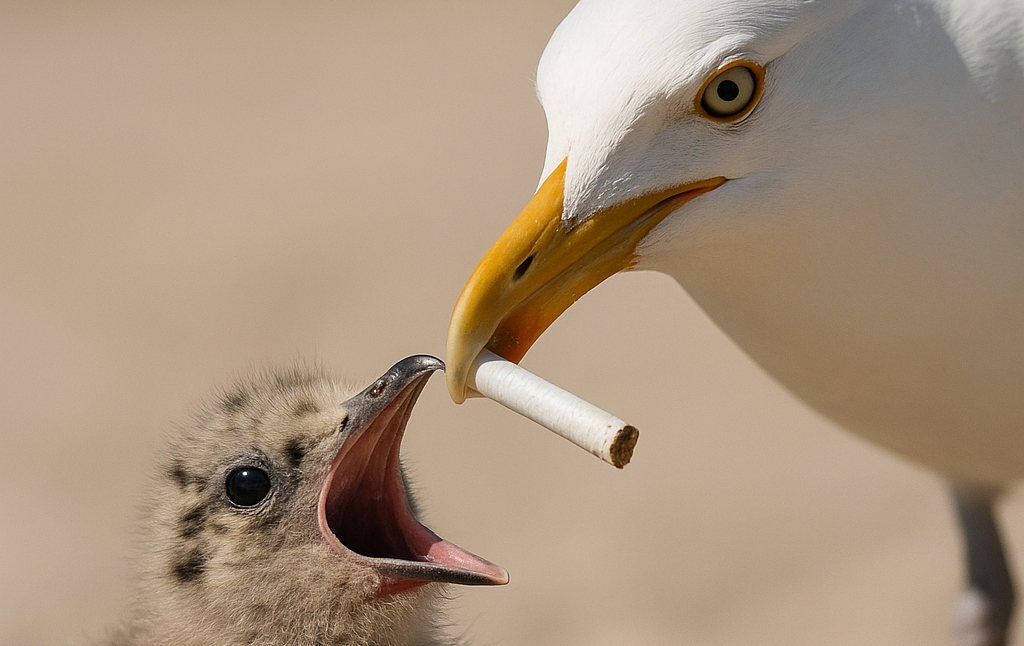To help smokers quit during Stoptober we asked stop smoking experts for their top tips on how to give up
Gillian Riley, author of How To Stop Smoking And Stay Stopped For Good, is a former smoker who has been helping others to quit since 1982. She runs workshops and individual counselling sessions across the UK and also delivers training seminars for NHS staff.

Her sessions focus on the thinking that drives addictive behaviour and the psychological barriers between success and failure when it comes to giving up smoking.
We asked Gillian for her tips on quitting, cravings and keeping motivated.
What are the biggest challenges smokers face when trying to quit the habit?
The biggest challenge I see in clients is in recognising the influence of the mind; of attitudes and beliefs. There certainly are chemical changes going when a smoker quits, but so many people explain every difficulty in physical terms. Just because sensations are felt in the body, that doesn’t necessarily mean they were created by the body. Consider that gut-wrenching feeling when you stand in the parking lot thinking your car has been stolen. That physical pain is created by your awareness of an empty space where you thought you’d parked it.
Is there anything they should do to prepare themselves before giving up?
It can be good to stop smoking as privately as possible, so keeping it quiet, even before actually quitting, can be worth a try. A lot of people say this one thing has been a game-changer for them compared to previous attempts where others got involved in some way that didn’t turn out to be so helpful. That goes double for anyone in your life who really wants you to quit, because no matter what they say, it will feel like pressure, as if you’re being forced. The automatic reaction to this is to rebel – by smoking.
Is it best to give up gradually or to stop straightaway?
Both! I suggest a few days of gradual reduction using the technique of ‘working through’ desire that I describe in my book. The purpose of these few days is to practise using the technique. It’s important to make a gradual reduction with that in mind – and to have a quit day selected before the practice days begin. So… less than a week of reducing gradually, followed by a stop straightaway.
What tips do you have for those quitting smoking on how to control their cravings?
The tip is there are no tips. Being able to release and heal by ‘working through’ feelings of desire or craving puts most smokers on a steep learning curve. Quitting can feel like a bereavement, loss or tragedy, and it’s no small thing. There’s the adjustment to self-identify and the need to develop self-control in other respects, such as eating habits, when no longer smoking.
How can those quitting smoking best cope with withdrawal symptoms?
They best way for smokers to cope is to recognise the impact of the mind in the process of stopping, and taking steps to shift some of the ways in which they think in order to make the experience easier, and more doable. For example, (as with anything in life) it makes a big difference to feel like you’re freely choosing to do this, rather than feeling victimised or coerced.
How To Stop Smoking And Stay Stopped For Good (Random House, 2007) £9.99, is available in paperback, Kindle and audio versions.









